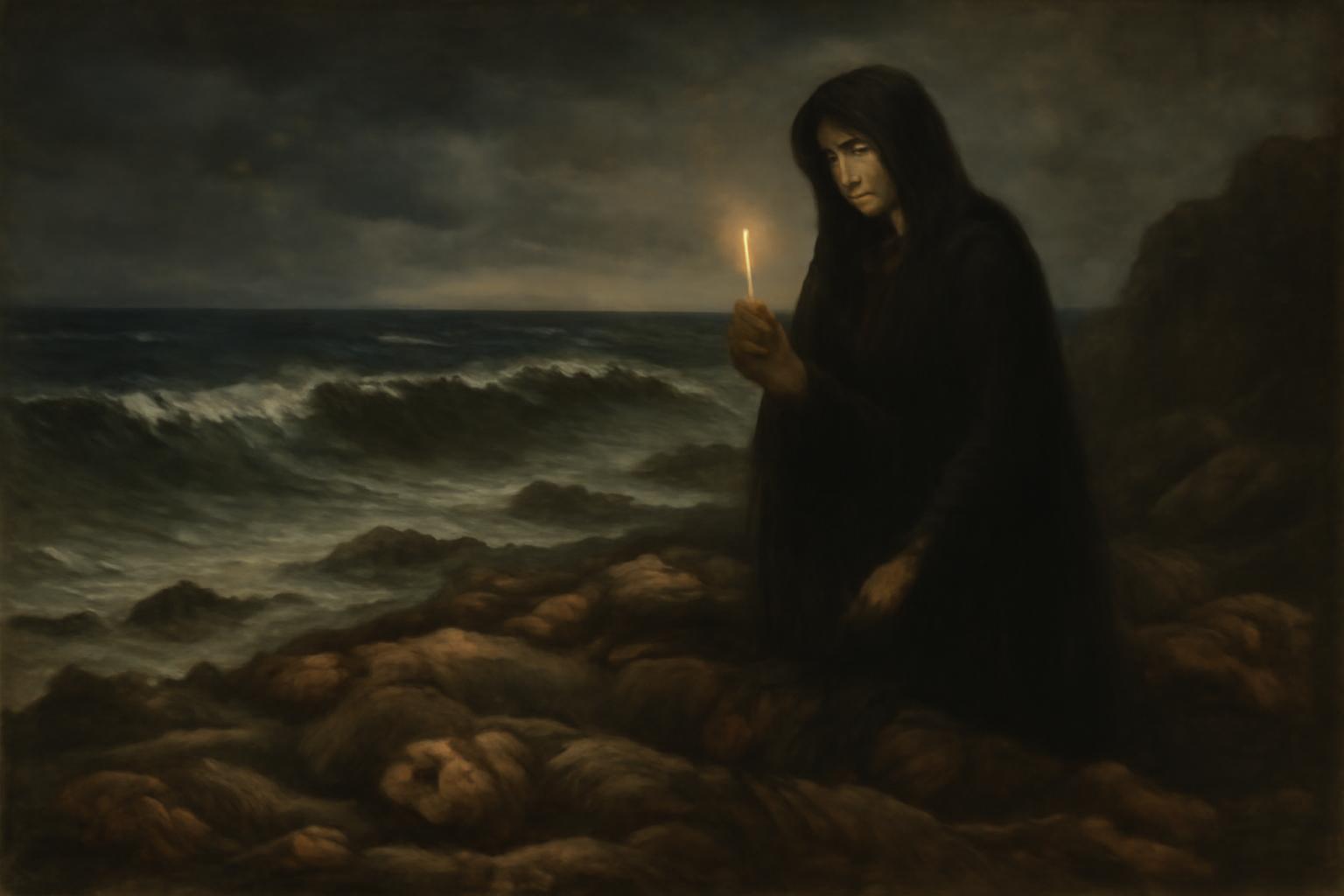Dragged by the baleful hand of fate, yet another procession of nameless lives has swallowed the wine-dark sea, their brief hopes sinking beneath indifferent waves. The captains of destiny—United Nations, the International Organization for Migration—count the dead and the missing, their ledgers filling with the numbers of lost souls, anonymous except for what has been ripped from their bones by water and the gales above Abyan. In a landscape already riven by civil war’s ceaseless malice, the southern shores of Yemen receive these frail vessels of migratory longing—poor shadows escaping conflagration at home only to perish in silent oblivion, washed up along the slender, blood-soaked edge of hope forbidden.
Tragedy clings to the route from the Horn of Africa to the promise of the Gulf, its path stitched with desperation and the illusions of work and sanctuary, as if fortune had ever rested easy on the brow of the exile. One is haunted by the ancient chorus, crying out in despair for those who cross their Rubicon not for glory, but mere survival—a crossing coiled with peril, like the labyrinthine mazes never meant to be escaped. The few who stagger from the fray, haunted by what they have seen, are left to gaze upon the debris of their companions, their lives shattered into so many nameless, ungrieved tombs.
And what does our age do, witnessing such relentless repetition of suffering? Nietzsche’s abyss stares hungrily back: we dwell in it, anesthetized by counts and statistics, imaginations blunted by the mechanical certainty of tragedy without catharsis. The ancient Greeks understood, and perhaps envied, the gods’ cruelty and chaos, but even their most pessimistic poets expected that suffering would be seen, known, and woven into the texture of the polis. Today, all is obscured by the mists of modernity—migration has become a ceaseless migration, a Sisyphean ordeal whose nobility and horror alike are flattened into bureaucratic reports.
Ours has become the melancholy of a civilization that has lost any tragic sensibility, any Dionysian recognition of the world’s terror and beauty; we survey these deaths as if through greasy glass, denying any connection between the specter on those shores and the slow decay within our own hearts. Thus we remain, as Schopenhauer feared, blind to the pain that knits the world together—estranged both from the dead and from ourselves, deploring the darkness but unwilling to admit it is the only honest light left to us.
